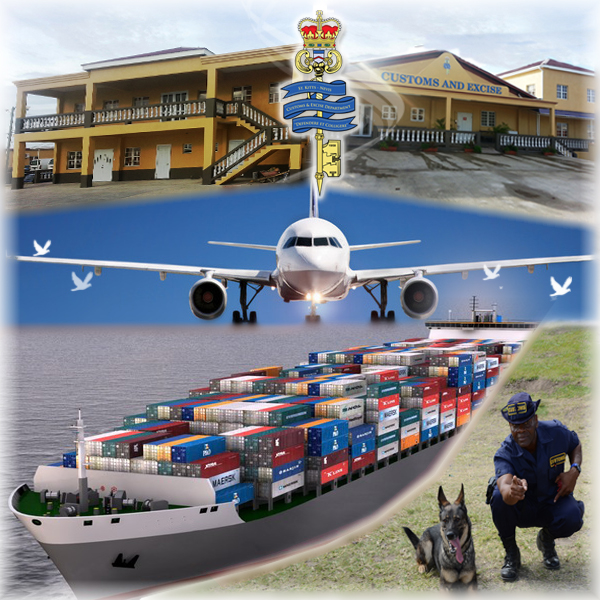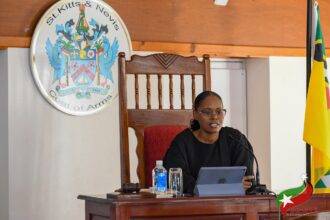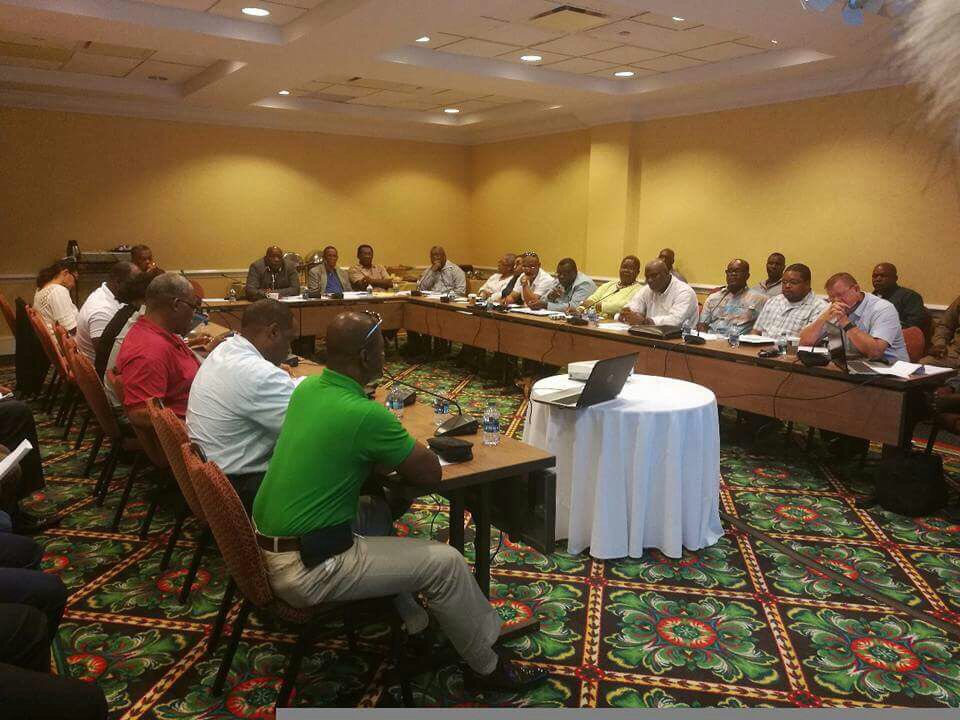Basseterre, St. Kitts, January 27, 2017 (SKNIS): The St. Kitts and Nevis Customs and Excise Department has praised the Customs Caribbean Law Enforcement Council (CCLEC) Junior Officers Basic Training Course, which began in 1997, as an important facet of ongoing educational formation at the revenue-collecting institution.
On “Working For You” radio and television programme on January 25, Kennedy De Silva, Deputy Comptroller of Customs in the Office of the Comptroller, said the course, which is held every year, will run for 11 weeks this year and is already in progress.
“The Customs officers are trained in cargo processing, examination, investigations, intelligence gathering, customs procedures…it was a programme we mimicked from as way back as 1994. (We) worked with the Canadian Customs to develop that training module,” Mr. De Silva said. “It was initially a six months training course, but of course it’s difficult to do here so it actually was compressed down into eight to ten weeks and over the years we’ve tweaked it and added a few courses to it.”
He outlined some of the modules from the programme. These include: classification—learning how to code and classify commodities.
“There are the valuation rules that the WTO (World Trade Organization) sets out to determine how Customs arrive at a value to determine rate of duties. There are the warehouse procedures, the customs legislation, boarding requirements…drug identification, weapons handling and identification, situation diffusion—you have to learn (about) government and (what) it comprises and how Customs falls into that—there’s integrity. I think there are about 26 modules in all and the officers have to do that,” De Silva said.
CCLEC is a multilateral regional organization dedicated to improving the overall professionalism of its members. According to information on its website, CCLEC was established in the early 1970s as an informal association of Customs administrations within the Caribbean region. The principal objectives of the Council in those early years were the exchange of information on smuggling and helping the smaller regional administrations adjust to the new threat of organized drug trafficking through the region.
From these early beginnings, the Council slowly established itself through a growing membership base and an increasing diversification into other areas of Customs business. In 1989, the members of the Council agreed to formalize their exchange of information through the adoption of a Memorandum of Understanding (MOU) regarding mutual assistance and cooperation for the prevention and repression of Customs offenses in the Caribbean zone. At that time, 21 countries signed the MOU but this number has grown to 36 signatories. The CCLEC comprises 38 Customs Administrations of which 36 are signatories to the CCLEC Memorandum of Understanding.
-30-









